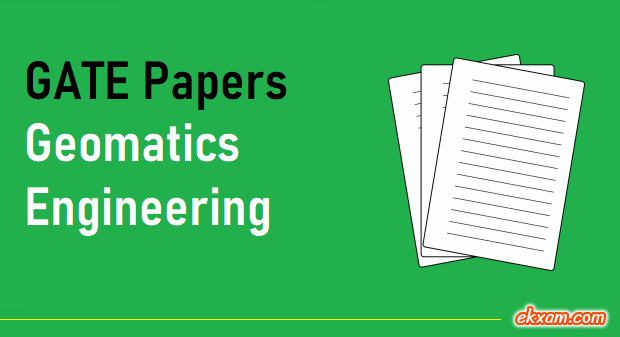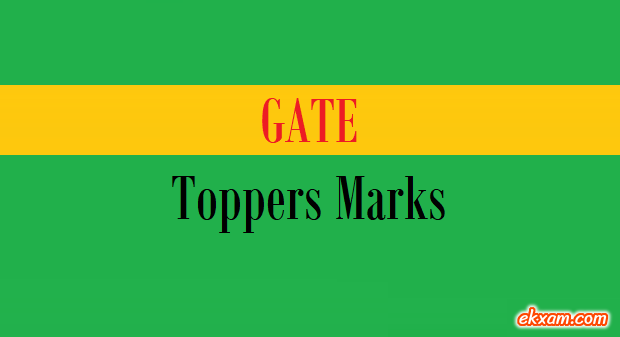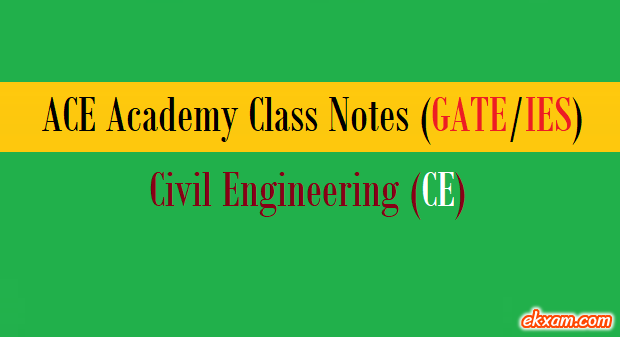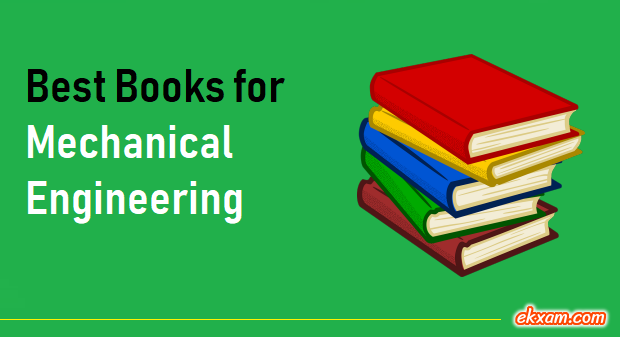Advertisements
Ratings
GATE PREVIOUS YEARS PAPERS [PDF]
GEOMATICS ENGINEERING
[2023-2022]

GATE BM Previous Year Solved Papers PDF – GATE 2025 exam will be conduct by IIT, Roorkee on dates 1, 2 and 8, 9 February, 2025.
Here we have provided GATE Geomatics Engineering previous year question papers for last 02 years from 2022-2024 in free pdf format.
GATE Geomatics Engineering aspirants can download their GATE Geomatics Engineering previous year question papers from the table given below.
You can download Geomatics Engineering GATE question paper for each year by clicking the PDF icon against the respective year.
Contents
GATE 2025 Highlights
| GATE 2025 Conducting Body | IIT, Roorkee |
| GATE 2025 Exam Date | 1, 2, 8, 9 February, 2025 |
| GATE 2025 Total Subjects | 30 |
| GATE 2025 Exam Mode | ONLINE Computer Based Test (CBT) |
| GATE 2025 Exam Duration | 3 hours (180 minutes) |
| GATE 2025 Total Questions | 10 (GA) + 55 (subject)= 65 |
| GATE 2025 Total Marks | 100 |
| GATE 2025 Question Type | MCQ, MSQ, NAT |
Last 2 Years GATE AE Question Papers with Solutions
| Year | Set | Type | Paper | Solution |
|---|---|---|---|---|
| Year | Set | Type | Paper | Solution |
| 2024 | Whole Paper | Solved | Wait ... | Wait ... |
| 2023 | Whole Paper | Solved | ||
| 2022 | Whole Paper | Solved |
GATE Geomatics Engineering Guidance
- How to Prepare for GATE Geomatics Engineering: A Comprehensive Guide
- GATE GE Previous Year Solved Papers – (2023-2022)
- GATE GE Syllabus 2025: Geomatics Engineering
GATE Previous Year Solved Papers Geomatics Engineering FAQs
What is Geomatics Engineering?
Geomatics Engineering is a multidisciplinary field that involves the acquisition, processing, analysis, and management of spatial data.
It involves the use of various technologies such as surveying, remote sensing, GIS, and GPS to gather and analyze data about the Earth's physical and social features.
What are the topics covered in the GATE Geomatics Engineering exam?
The GATE Geomatics Engineering exam covers a wide range of topics including surveying, remote sensing, geographic information systems (GIS), digital image processing, photogrammetry, and global positioning systems (GPS).
What is the format of the GATE Geomatics Engineering exam?
The GATE Geomatics Engineering exam is a computer-based test that consists of multiple-choice questions (MCQs) and numerical answer type questions (NATs). The exam duration is 3 hours, and the total number of questions is 65.
What is the marking scheme for the GATE Geomatics Engineering exam?
The marking scheme for the GATE Geomatics Engineering exam is different for MCQs and NATs.
MCQs carry 1 or 2 marks each, and for every wrong answer, 1/3 mark is deducted for 1 mark questions, and 2/3 mark is deducted for 2 mark questions.
NATs carry 1 or 2 marks each, and there is no negative marking for incorrect answers.
What are some good resources for preparing for the GATE Geomatics Engineering exam?
Some good resources for preparing for the GATE Geomatics Engineering exam include standard textbooks, online lectures, previous year question papers, and mock tests.
What are the career prospects for Geomatics Engineers?
Geomatics Engineers can work in a wide range of industries such as surveying and mapping, urban planning, environmental management, natural resource management, and disaster management.
They can also work in government agencies, research organizations, and private consulting firms.
What is the eligibility criteria for appearing in the GATE Geomatics Engineering exam?
Candidates must have a Bachelor's degree in Engineering or Technology or a Master's degree in Science or a related field to be eligible for the GATE Geomatics Engineering exam.
Candidates in their final year of their qualifying degree program can also apply.
What is the minimum qualifying marks for the GATE Geomatics Engineering exam?
The minimum qualifying marks for the GATE Geomatics Engineering exam is decided by the GATE committee and varies from year to year.
Generally, the minimum qualifying marks for the General category are around 25-30%, while for the reserved categories, it is around 15-20%.
What are the important dates for the GATE Geomatics Engineering exam?
The important dates for the GATE Geomatics Engineering exam are usually announced in September or October every year.
The exam is conducted in February, and the results are declared in March.
How can one apply for the GATE Geomatics Engineering exam?
One can apply for the GATE Geomatics Engineering exam online through the official website of the GATE organizing committee.
The application process usually starts in September or October, and the last date for submission of applications is usually in October or November.
Recent Posts
- IES 2024 Expected Cut-off Marks: Prelims and Mains
- How to Prepare for IES Electrical Engineering: A Comprehensive Guide
- How to Prepare for IES Electronics Engineering: A Comprehensive Guide
- IES 2024 Vacancy – Branch-wise and Category-wise Distribution
Related Tags
Gate previous year solved papers geomatics engineering with solutions 2024, Gate previous year solved papers geomatics engineering pdf download 2024, Gate previous year solved papers geomatics engineering pdf 2024, gate geomatics engineering question paper 2024, geomatics engineering gate notes pdf download 2024, gate geomatics engineering books 2024, gate geomatics engineering answer key 2024, gate geomatics engineering cutoff 2024
| GATE (Reasoning & Aptitude & Maths) Books |
| GATE Guide Books |
GATE Total Information & Guidance
Click below given links to get further information.






